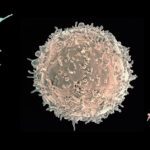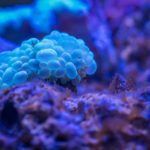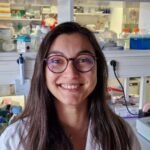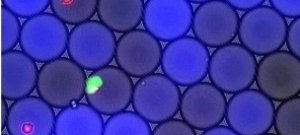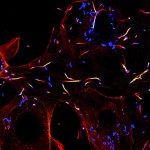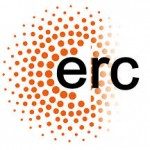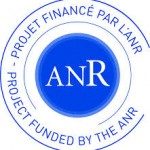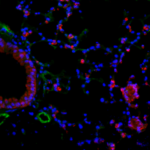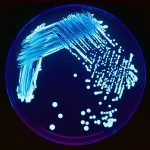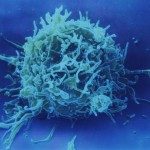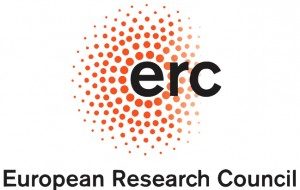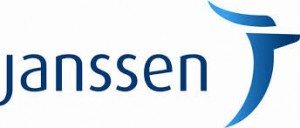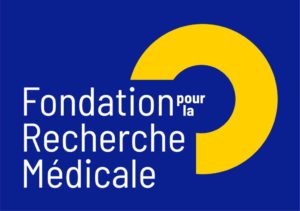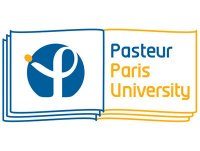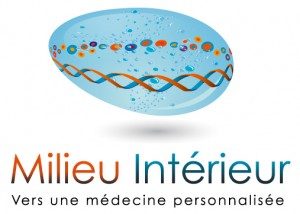Antibodies in Therapy & Pathology (INSERM UMR 1222): focus on Allergy, Autoimmunity and Immunotherapy Antibodies are key effectors of the immune system. They are responsible for disease induction (autoimmunity, allergy) and can be protecting from or facilitating infections and tumors. Antibodies are secreted by terminally differentiated B cells, plasmablasts and plasma cells. Antibodies do not generally exert by themselves, however, biological functions: these are mainly mediated by antibody receptors (FcRs) and complement component C1q.
Aims:
1) Decipher the role of human antibodies and the cells expressing them (memory B cells and plasma cells) human antibody receptors (FcRs) and the cells expressing them (neutrophils, monocytes/macrophages, platelets, mast cells, basophils), and human complement during therapy and in the induction of pathology (severe allergy & autoimmunity), using primarily mouse models “humanized” for these components.
2) Establish high-throughput plasma cell screening, analysis and/or sorting using droplet microfluidics technologies to understand the antibody response, repertoire and affinities, and demonstrate the pathogenic nature of antibodies in specific diseases .
3) Develop clinical studies (AUTOIMMUNI-B; NASA; WaspPenIP; ENDOPHEN) to understand how antibodies and their effector functions induce/regulate autoimmune and allergic diseases, and how they develop after vaccination. Diseases: Immune Thrombopenic Purpura (ITP) & Perioperative Anaphylaxis. Therapy: SARS-CoV-2 vaccination.
4) Develop novel antibody-based therapeutics for allergic and autoimmune disorders
Altogether, our research integrating fundamental, clinical and industry-driven approaches, aims at elucidating the role of antibody-related mechanisms in major disease and therapy models and, hopefully, propose novel therapeutic solutions in antibody-based therapies.
RECENT HIGHLIGHTS
- Conditional neutrophil depletion challenges their contribution to mouse models of anaphylaxis. Allergy. 2023 Oct;78(10):2767-2770.
-
A vaccine targeting human IL-4 and IL-13 protects against asthma in humanized mice. Allergy. 2023 Jul;78(7):2028-2031.
-
Sec22b is a critical and nonredundant regulator of plasma cell maintenance. Proc Natl Acad Sci U S A. 2023 Jan 10;120(2):e2213056120.
-
IgG Subclass-Dependent Pulmonary Antigen Retention during Acute IgG-Dependent Systemic Anaphylaxis in Mice. J Immunol. 2022 Oct 1;209(7):1243-1251.
High-affinity autoreactive plasma cells disseminate through multiple organs in patients with immune thrombocytopenic purpura. Canales-Herrerias P, et al. J Clin Invest. 2022 May 3:e153580.
- Analysis of mRNA vaccination-elicited RBD-specific memory B cells reveals strong but incomplete immune escape of the SARS-CoV-2 Omicron variant. Sokal A, et al.Immunity. 2022 Apr 7:S1074-7613(22)00173-X


